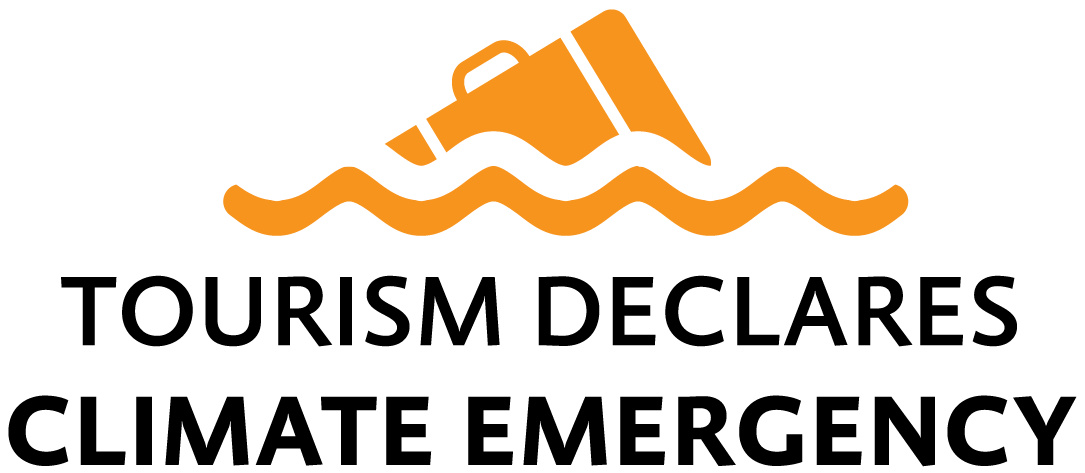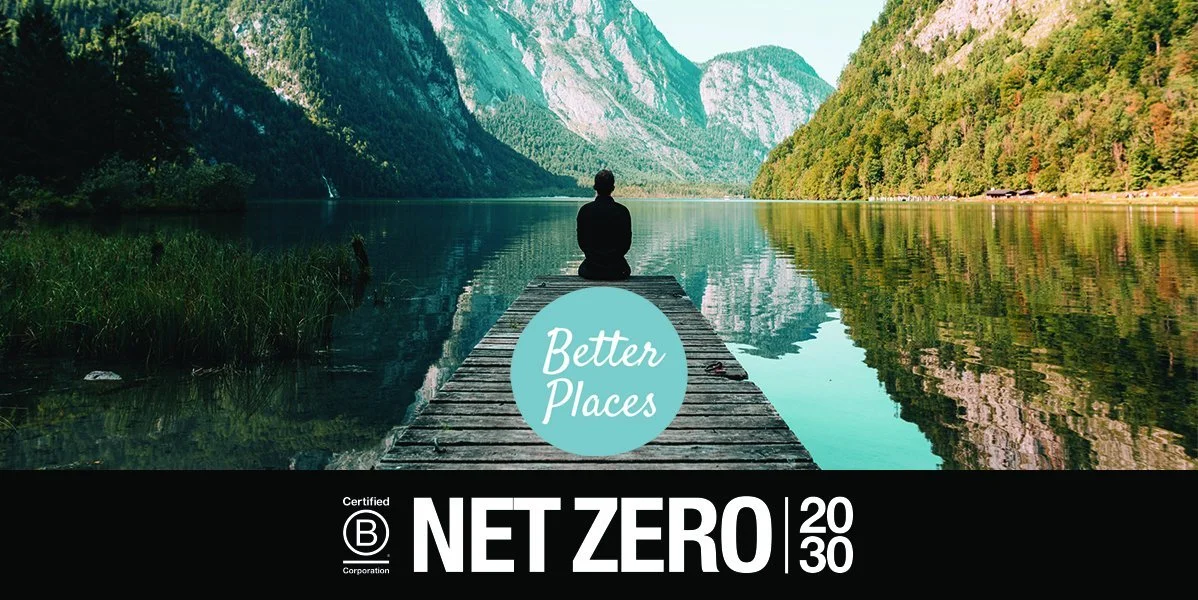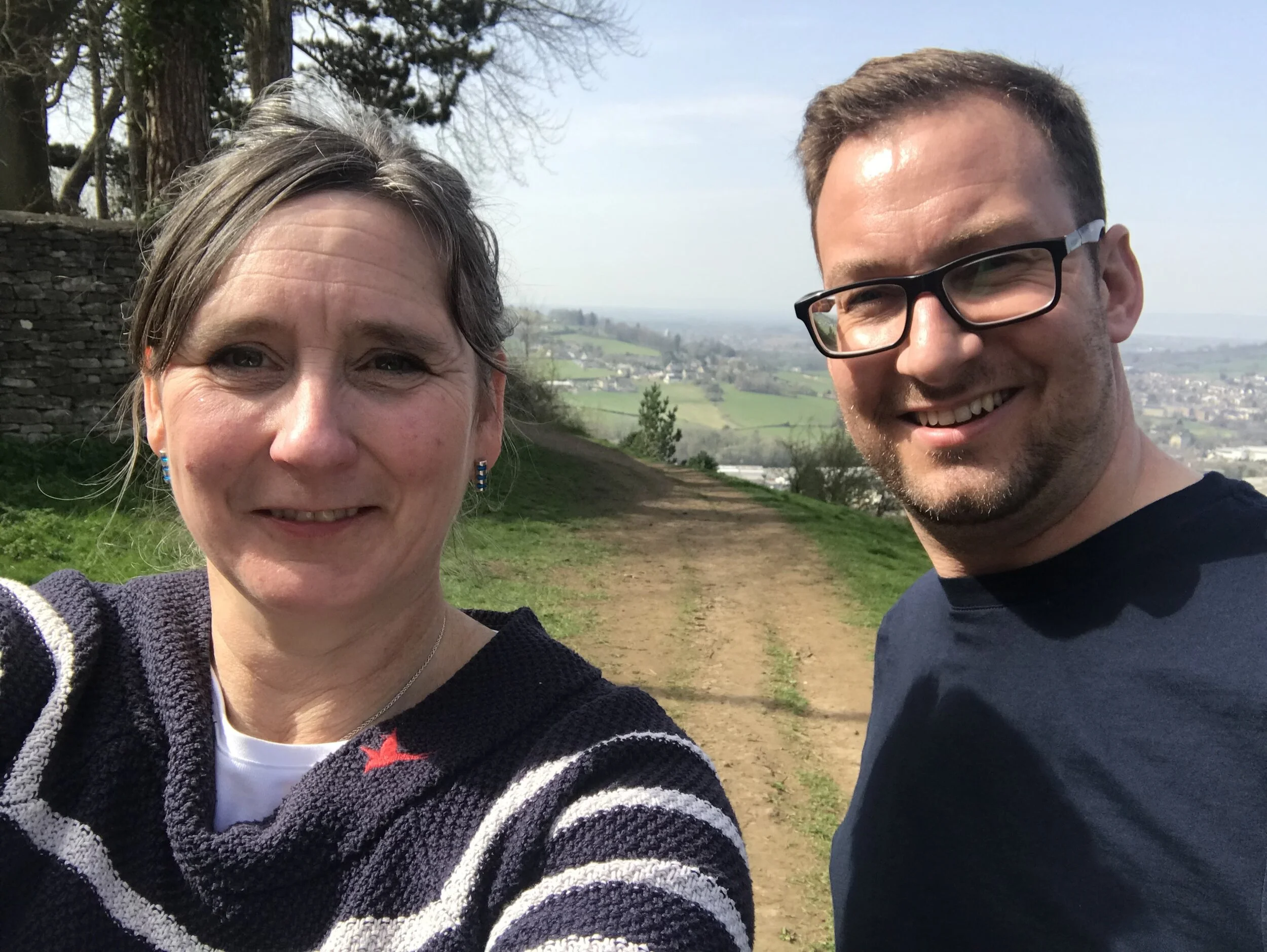Making events sustainable with COP26's host city Glasgow
Holly Tuppen caught up with Aileen Crawford of Glasgow Convention Bureau after their recent climate emergency declaration, to talk about declaring a climate emergency in the events industry, and collaborating with other leading organisations in Glasgow and across Scotland ahead of the city’s hosting of COP26 in November.
Why have you declared a climate emergency with Tourism Declares?
We decided to get behind Tourism Declares partly because COP26, the UN Climate Change Conference, will be hosted in our city this year. We'd already been working on sustainable initiatives to make the city greener and launched a convention bureau sustainability plan a few years ago. Tourism Declares is a natural progression to share best practise and learn how to make Glasgow a world-leading sustainable conference city.
Glasgow was the first city to join the Global Destination Sustainability Index in 2016 and has committed to carbon neutrality by 2030. Glasgow’s green credentials were one of the reasons the UK Government chose the city as host of COP26. Conferences in the energy and low-carbon sector are the third most valuable conferences for our city. Our conference organisers expect us to support them in delivering a sustainable meeting in our city so we want to do our bit. COP26 is the perfect driver for us to work together with our city, our hotels, venue partners and stakeholders to push the climate agenda.
It's about celebrating the good work that's already happened as well as plan for the future. Tourism Declares is an essential part of this.
Glasgow city. Image credit: Glasgow Life
Why is this still (or more) important in light of Covid?
Last year was going to be Glasgow's busiest conference year, but obviously, COVID-19 changed that. Conferences and events are an essential part of Glasgow’s economy - not only because delegates book one in four hotel rooms, but because of the international buzz and culture that comes with having visitors from all over the world. Pre-COVID, delegate spend boosted Glasgow’s economy by £140 million pounds a year.
COVID-19 has made us realise how important the events industry is for this city. We want it to come back, but we want it to come back responsibly. We are more motivated than ever to help our clients deliver sustainable events in the city, to ensure they can continue happen in a responsible way in the future.
Is there any talk of reducing the number of conferences given the emissions and changes in business travel?
We believe that the types of conferences we target are responsible. They are primarily academic in nature; national and international associations who meet to discuss issues that genuinely improve the world around us.
All of our research suggests that face-to-face meetings help progress research and innovation, and, in some cases, this cannot be replaced by online events. Getting experts together to work through important issues is an integral part of a more responsible future.
“We need sustainability to be approached in the same way that hospitality and events businesses address health and safety”
What action have you taken since declaring a climate emergency?
By being part of the Global Destination Sustainability Index (GDSI), we are already on the People Make Glasgow Greener journey. We know that we still have work to do around accreditation with our hotel community and will now prioritise working with hotels that have not yet achieved third-party certification.
Tourism Declares aligns us with a broader community, and it's a great opportunity to network with others. We do a lot of advocacy work with Green Tourism, Keep Scotland Beautiful and Green Key to bring the national and local community together.
What tools or resources have you found most helpful in declaring an emergency? What tools are lacking?
Now the conversation is very much around carbon reduction. For most businesses, carbon measurement and reduction are challenging concepts to grasp. We'd like more practical tools to demonstrate to businesses how and why they can reduce and measure.
What are the main challenges you face when it comes to reducing emissions?
Our industry is so varied, and events are such a broad and important sector for renewing our cities. We need sustainability to be approached in the same way that hospitality and events businesses address health and safety, and licensing. Sustainability needs to have the same non-questioning grounding and action.
Legislation would help, but I think it's more that businesses need to see and understand that there's a good way of doing business that brings you more business and reduces costs. Sustainability's role in reducing cost and attracting more business is an important message right now.
Scottish Event Campus. Image credit: Dan Burman Photography
What solutions are you most proud of?
We're proud that Glasgow ranks 4th in the GDSI for events cities globally. It's an incredible achievement. We're very proud of the city and its ambitions; it has a climate emergency implementation plan, and we can align with that and work with it for the benefit of our conference organisers.
From a convention perspective, we're proud of our People Make Glasgow Greener work with conference organisers. We've developed an engaging and interactive workshop to help event organisers align their event with the UN Sustainable Development Goals. We have designed playing cards for a workshop and gaming concept, where we discuss how the conference links with each of the Sustainable Development Goals by exploring practical actions to take for each. This gives the conference organiser the confidence to share with delegates the sustainable actions they've taken.
There are also some exciting initiatives underway, like introducing carbon miles on menus, being introduced by the Technology & Innovation Centre at the University of Strathclyde.
Technology & Innovation Centre, University of Strathclyde
What does the next level of carbon reduction commitment look like for destinations?
For us, it's working with our partners at Visit Scotland, Circular Glasgow and Scottish Enterprise to develop more practical tools for the hospitality industry.
How can we practically help our industry before COP26? It is a journey and working together is the best way forward. I'm sure this applies to other destinations the world over.
What advice would you give to destinations considering declaring?
It's great to be able to join a community, share best practice and case studies. Get involved!
It's important to realise that it's a journey that we're all on. Getting started is the most important thing to do.
Focus on measurement and reporting from the get-go because you can't manage what you can't measure.
You can read Glasgow Convention Bureau’s climate emergency declaration in full here, and find out more information on their website.













Students get access to a range of online modules which they complete alongside the rest of their travel group prior to departure. Two focus on the climate crisis.